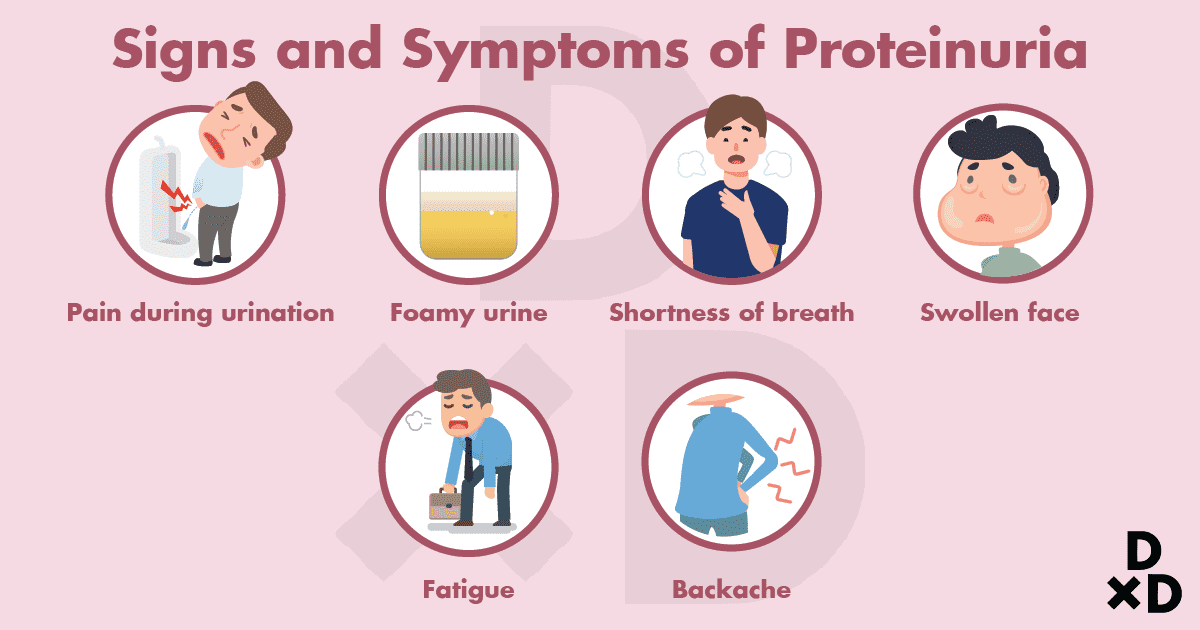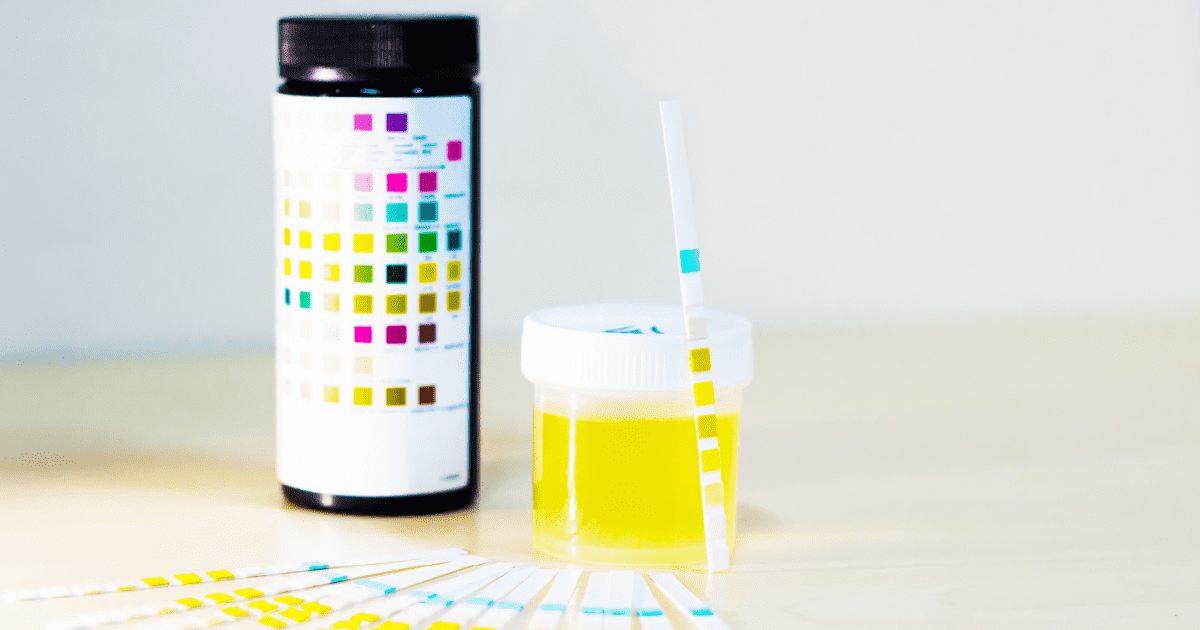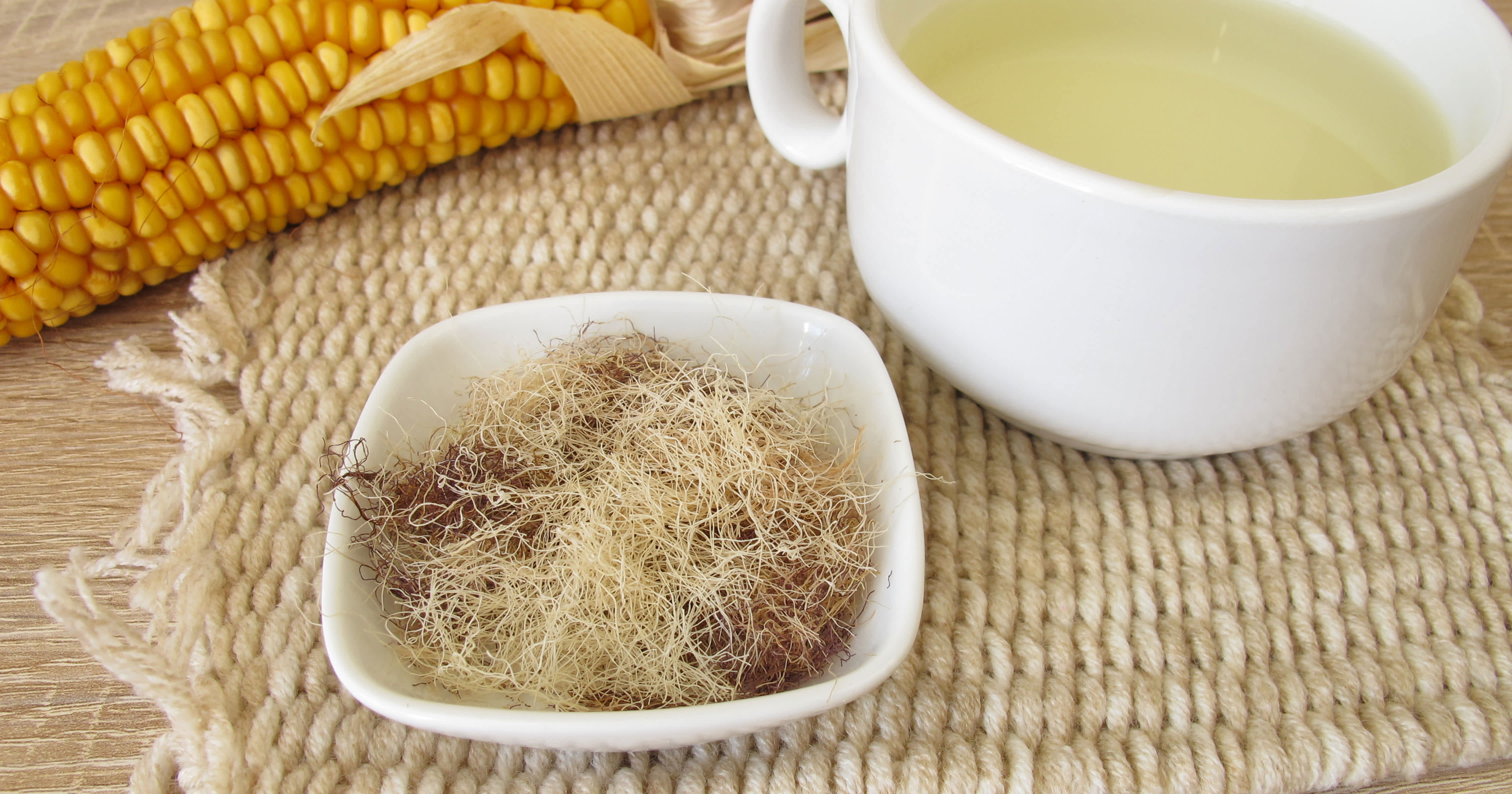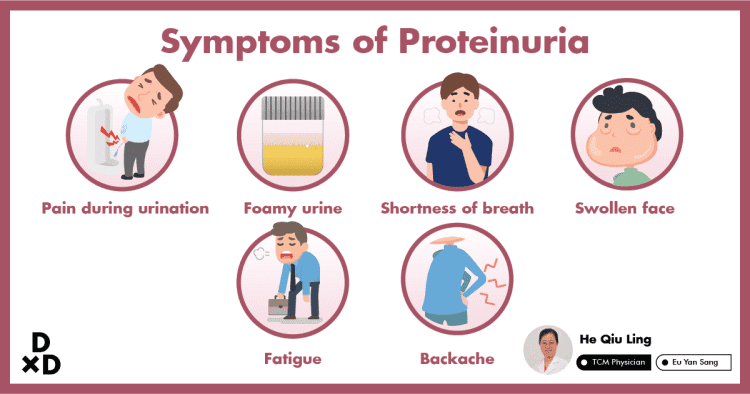Proteinuria is a condition that is highly associated with kidney diseases. In addition, it is also a common complication for people with diabetes or high blood pressure.
Your kidneys are important organs that store the “essence” or “jing (精)". They play a crucial role in growth and development, reproduction, as well as water metabolism. Any imbalances in your kidneys can affect your overall health. Hence, maintaining the health of your kidneys should be prioritised.
In this article, I will be discussing how TCM can help you improve your kidneys’ condition. Read on to find out more!
What are the signs and symptoms of proteinuria?

There are many different signs and symptoms of proteinuria. However, some of them are also similar to the symptoms of other kidney conditions. To list, they include: [1]
- Swelling in the legs, hands, abdomen and face
- Painful urination
- Foamy urine
- Shortness of breath
- Backaches
- Fatigue
Take note that these symptoms tend to appear only after your kidneys have suffered severe damage. Therefore, as a general guide, I recommend that you visit a doctor the moment you see any of these symptoms. After all, it is always best to get treatment as early as possible!
Wait, what exactly is proteinuria?

Proteinuria literally means protein in the urine. This happens when there is a problem with your kidneys’ function, thus causing leakage of protein. Proteinuria is more commonly found in people with diabetes, high blood pressure and a family history of kidney disease. It is also more common in people above 65 years old.
Proteinuria refers to a condition where a higher-than-normal amount of protein is found in your urine. You can find the normal values in the table below:
Type of testing:
Normal Values: [2]
Random urine sample
0 - 20 mg/dL
24-hour protein urine test
0 - 150 mg/24 hours
In TCM, the leakage of protein indicates that there is a malfunction in your kidneys. Hence, this implies that the kidney is unable to properly store the “essence”.
Firstly, keep warm!

In TCM terms, proteinuria can be caused by external pathogens. If you are suffering from the condition, the first thing is to keep yourself warm! Similarly, you can prevent catching a cold and protect yourself from “wind” pathogens that may increase your risk of protein leakage.
Next, remove the “dampness” in your body

Swelling and foamy urine, in TCM, indicates that there is “dampness” in your body [3]. For that, TCM physicians can prescribe some herbs [4]. Depending on your condition, it may include:
- Chinese barley (薏米, yi mi)
- Corn silk (玉米须, yu mi xu)
- Black atractylodes rhizome (苍术, cang zhu)
- Plantain herb (车前草, che qian cao)
- Talcum (滑石, hua shi)
- Water plantain rhizome (泽泻, ze xie)
- Rhizoma dioscoreae hypoglaucae (萆薢, bi xie)
However, be sure to consult a physician to know which herbs suit you best.
Also, change your lifestyle!

Besides just herbs and medicines, it is very crucial to keep a well-balanced diet and exercise routine. In other words, you should:
- Decrease your salt intake
- Stop smoking
- Exercise to lose some weight
TCM can also supplement western medicine
To sum it up, TCM does offer a holistic approach to improve your kidney’s health. Used by itself, TCM products and treatments can help improve your body’s overall balance.
In addition to that, TCM can also be used to supplement Western medicine [5] [6]! If you are experiencing any symptoms of proteinuria, it is crucial to get it diagnosed and treated as soon as possible. You should consult a doctor or a TCM physician to find out which treatment is suitable for you.
He Qiu Ling is currently practising Traditional Chinese Medicine at Eu Yan Sang TCM Clinic @ Chinatown as a Senior Physician. Besides that, she graduated from Shanghai College/University of TCM, China, attaining a Bachelor in Chinese Medicine in 1983. In addition, she is currently a Member of Singapore Association for Promoting Chinese Medicine and a Member of Singapore Chinese Physicians' Association Registered TCM Physician.
Also, read more from Physician He Qiu Ling here!








